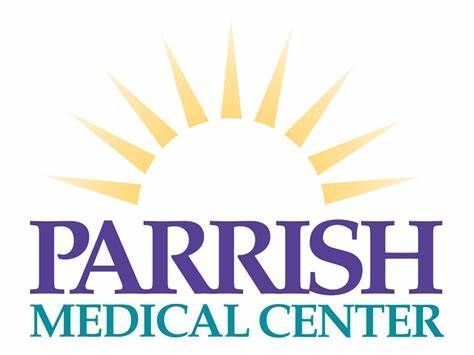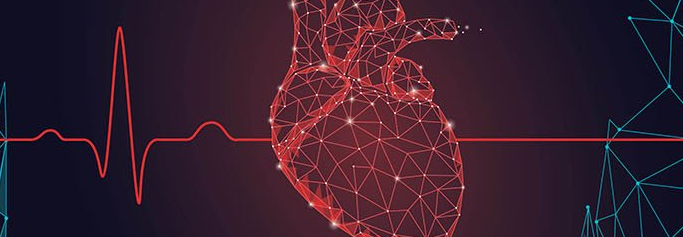Understanding the Need for a BiV ICD in Heart Failure
Understanding the Need for a BiV ICD in Heart Failure
Heart failure is a chronic condition where the heart can't pump blood as efficiently as it should. This can lead to symptoms like fatigue, shortness of breath, and fluid retention. For some patients with heart failure, a device called a Biventricular Implantable Cardioverter Defibrillator (BiV ICD) can be crucial in managing their condition. This article will explain why a BiV ICD might be needed for heart failure and how it can help improve heart function.
Why a BiV ICD Might Be Needed
- Dyssynchrony in Heart Contractions:
- In heart failure, the heart's ventricles (the two lower chambers) may not contract in a coordinated way. This lack of synchronization, known as dyssynchrony, reduces the heart's efficiency in pumping blood.
- Dyssynchrony often occurs in patients with a wide QRS complex on an electrocardiogram (ECG), indicating delayed electrical activation of the ventricles.
- Risk of Dangerous Arrhythmias:
- Patients with heart failure are at a higher risk of developing life-threatening arrhythmias, such as ventricular tachycardia or ventricular fibrillation. These conditions can lead to sudden cardiac arrest if not treated promptly.
- Persistent Symptoms Despite Medication:
- Some patients continue to experience significant symptoms of heart failure, such as severe fatigue and shortness of breath, despite taking optimal medications. For these patients, additional treatment options are needed to improve their quality of life and heart function.
How a BiV ICD Can Help
- Cardiac Resynchronization Therapy (CRT):
- The biventricular pacemaker component of a BiV ICD helps to resynchronize the contractions of the left and right ventricles. It sends electrical impulses to both ventricles, making them contract simultaneously.
- This resynchronization improves the efficiency of the heart's pumping action, leading to better blood flow throughout the body.
- Arrhythmia Detection and Correction:
- The implantable cardioverter defibrillator (ICD) component monitors the heart's rhythm continuously. If it detects a dangerous arrhythmia, it can deliver a shock to restore a normal heartbeat.
- This feature is critical in preventing sudden cardiac arrest, a major risk for heart failure patients.
- Improved Heart Function and Symptoms:
- By improving the synchronization of heart contractions, a BiV ICD can enhance overall heart function. This often leads to a reduction in heart failure symptoms, such as shortness of breath and fatigue.
- Patients may experience an improved ability to perform daily activities and engage in physical exercise.
- Reduced Hospitalizations:
- With better-managed heart failure symptoms and a reduced risk of arrhythmias, patients with a BiV ICD often experience fewer hospitalizations for heart failure exacerbations. This contributes to a more stable and manageable condition.
- Increased Survival Rates:
- The combination of resynchronization therapy and arrhythmia prevention provided by a BiV ICD significantly improves survival rates in heart failure patients. It addresses both the mechanical and electrical dysfunctions of the heart, offering comprehensive protection and support.
Who Should Consider a BiV ICD?
- A BiV ICD is typically recommended for heart failure patients who:
- Have moderate to severe symptoms despite optimal medical therapy.
- Have a reduced ejection fraction (a measure of how much blood the left ventricle pumps out with each contraction).
- Show evidence of dyssynchrony on an ECG, particularly a wide QRS complex.
- Are at high risk for or have experienced life-threatening arrhythmias.
- Your cardiologist will evaluate your specific condition, symptoms, and test results to determine if a BiV ICD is appropriate for you.
A Biventricular Implantable Cardioverter Defibrillator (BiV ICD) can be a lifesaving device for many heart failure patients. By improving the coordination of heart contractions and providing protection against dangerous arrhythmias, a BiV ICD can enhance heart function, reduce symptoms, and improve overall quality of life. If you have heart failure and think you might benefit from this device, discuss it with your healthcare provider to see if a BiV ICD is right for you.






